Universities seek greater enrollment from abroad
By Yang Yang ( China Daily ) Updated: 2013-08-26 07:39:51Apart from the academic environment, many foreign students are uncomfortable with the culture at Chinese universities.
One female student, who asked not to be named, arrived in China in 2010 after graduating from Cambridge University in the UK, where she spent four years studying Chinese. In July, she left Peking University with a master's degree in international relations. After two years' study in China, she said the education system has a number of problems.
"Part of the reason I decided to do a masters in China was to improve my Mandarin. I think that for international students who want to improve their language skills, studying a subject in the language you are learning really helps you to improve quickly," she said.
Despite her background in Chinese studies, she encountered many challenges. Perhaps the most striking difference between Eastern and Western universities is the student -teacher relationship.
"In the West, it's quite normal and expected that students at university level disagree with some of their teachers' opinions and debate with them in class. In China, a lot of students seem to think the teachers are always right and will never disagree with them, especially in front of the whole class," she said.
"I think this seems very strange to a lot of international students. It sometimes means that there is not much debate in class, or even that the teacher ends up speaking for the entire duration of the class with very little interaction with the students.
Another thing she found difficult was how to behave around teachers in China, especially the supervisors.
"Many Chinese students seemed to give their teachers a lot of presents. That's quite different from the UK; we might give a teacher a small present at the end of the year after they have given us our marks, but not before, because it would seem very suspect. Sometimes I found it hard to know the right thing to do in those situations," she said.
"The student-teacher relationship in China is unequal. Sometimes I felt the teachers thought of the students (even those on master's courses) as young children, who didn't really have anything important to do. It seems far more common for teachers to ask favors of their students than in the West."
As an example, she mentioned her surprise when she heard a teacher ask a student to clean his office.
Campus red tape
Another challenge for international students is the bureaucracy inherent in the system.
"It is far more complicated than it would be in the UK and often seems to involve going to five different offices to get papers stamped and then another one to pay. I think that's very confusing and frustrating for many international students. For instance, in the UK, once you have completed your exams and got your results, you graduate automatically and do not need to do anything more. In China, we had a whole list of 'leaving school procedures' that had to be completed both online and in person, which just seemed so complicated and unnecessary to international students," said the female student.
Yang Rui, professor of education at Hong Kong University, said: "The general situation is that formal education globally has largely become Western education. But most Chinese educators still lack a thorough understanding of Western ideas and approaches. Because of that, they are often unable to satisfactorily incorporate the Chinese content into their curriculum and teaching practice."
|
|
|
|
|
|
|
|
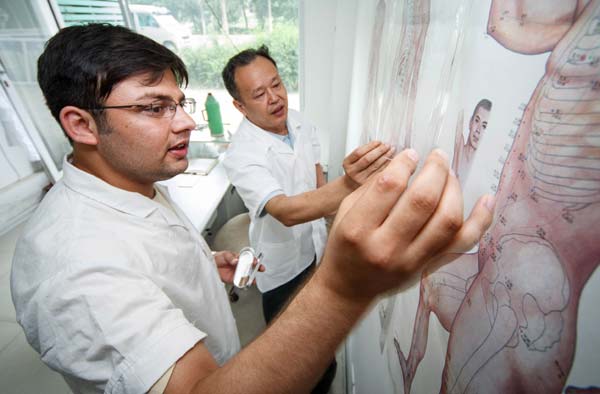
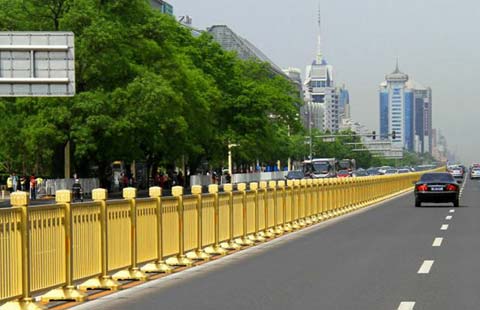
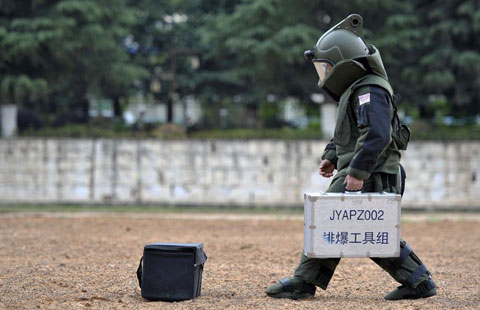

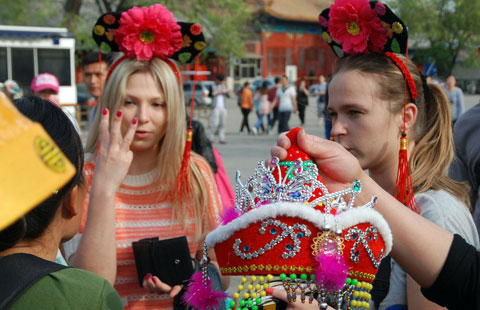






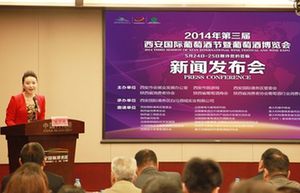







 Op Rana
Op Rana Berlin Fang
Berlin Fang Zhu Yuan
Zhu Yuan Huang Xiangyang
Huang Xiangyang Chen Weihua
Chen Weihua Liu Shinan
Liu Shinan